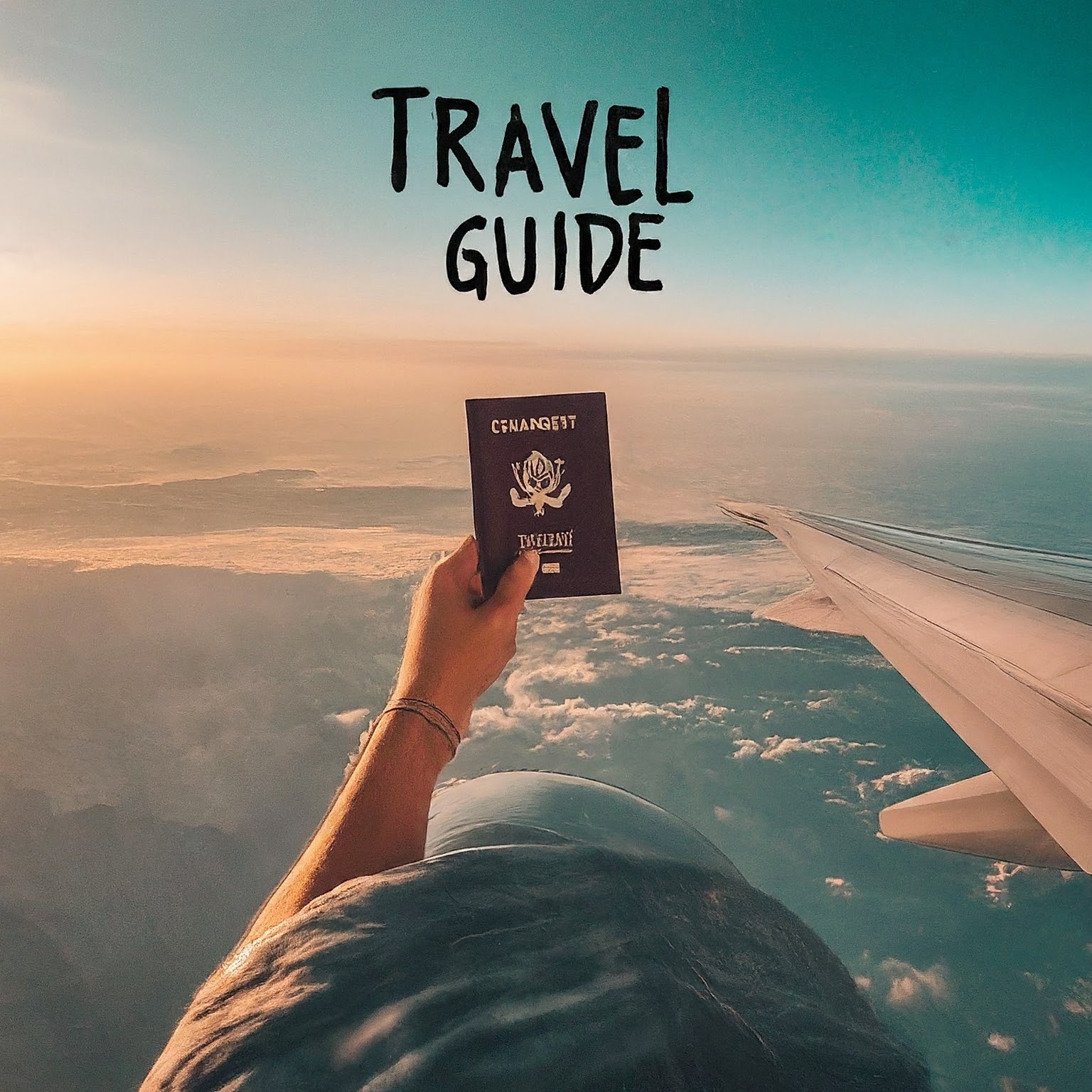Moving from Nigeria to Ghana: Costs and Essential Information
Relocating from Nigeria to Ghana can be an exciting adventure, offering new opportunities and experiences. Whether you are moving for work, education, or personal reasons, it is essential to understand the costs involved and other crucial aspects of the move. This blog post will provide a comprehensive guide to help you make a smooth transition.
1. Visa Requirements
One of the most significant advantages of moving from Nigeria to Ghana is the visa-free entry. Both countries are members of the Economic Community of West African States (ECOWAS), which allows citizens to travel and reside in member countries without needing a visa. However, ensure you have a valid passport (international passport, NIN or voters card) and any other necessary travel documents.
2. Moving Costs
The costs of relocating to Ghana from Nigeria can vary based on several factors, including the volume of belongings, mode of transportation, and additional services. if you are moving alone, it will be very simple and easy for you.
Below is a breakdown of potential expenses in Nigerian Naira (NGN):
- Transportation of Goods:
- By Road: Hiring a moving truck from Lagos to Accra can cost between ₦200,000 to ₦500,000, depending on the size of the truck and the quantity of items.
- By Air: For a quicker but more expensive option, air freight can cost around ₦1,000,000 to ₦1,500,000 for a medium-sized shipment.
- Moving alone with no much load: you can spend as less as 80,000 to 100,000 from Lagos to Ghana with bus like GUO
- Accommodation:
- Initial Stay: Budget for temporary accommodation in Ghana while you search for permanent housing. A decent hotel or Airbnb in Accra can cost between ₦15,000 to ₦50,000 per night.
- Rent: Monthly rent for a one-bedroom apartment in Accra ranges from ₦200,000 to ₦600,000. Prices vary based on location and amenities.
- Utilities and Other Essentials:
- Electricity, Water, and Internet: Monthly utilities can cost around ₦20,000 to ₦50,000.
- Groceries and Miscellaneous: Monthly grocery expenses for a single person can range from ₦50,000 to ₦150,000.
- Miscellaneous Expenses:
- Customs and Duties: Although moving within ECOWAS is relatively smooth, you may still incur minor customs charges, especially if you bring in high-value items. Budget around ₦20,000 to ₦50,000 for this.
3. Cultural and Social Considerations
Understanding the cultural nuances and social etiquette in Ghana will help you integrate smoothly:
- Language: English is the official language in Ghana, making communication relatively easy for Nigerians.
- Cuisine: Ghanaian food is similar to Nigerian cuisine, with staples like rice, cassava, and plantains. However, be ready to explore new dishes such as Ghana Jollof rice, Waakye, and Banku.
- Social Norms: Ghanaians are known for their hospitality. It is essential to be polite and respectful in social interactions. Greeting elders and showing respect is highly valued.
4. Legal and Administrative Tasks
Upon arrival, you should handle the following administrative tasks:
- Residence Permit: Although you don’t need a visa, you must apply for a residence permit if you plan to stay for an extended period. Visit the Ghana Immigration Service for details and application procedures.
- Banking: Open a local bank account to manage your finances more efficiently. Most banks require proof of address and identification.
- Health Insurance: Consider getting health insurance to cover medical expenses. Various local and international insurance companies offer plans suitable for expatriates.
5. Employment and Education
If you are moving for work or study, here are some tips:
- Employment: Ensure you have a job offer before moving or ample savings to support yourself while job hunting. Ghana’s job market can be competitive, so network and leverage any connections you may have.
- Education: If you are relocating with family, research schools for your children. Ghana has a mix of public, private, and international schools offering various curricula.
6. Networking and Community
Building a support network is Very important:
- Expat Communities: Join expatriate groups on social media platforms to connect with fellow Nigerians and other expatriates. These groups can offer valuable advice and support.
- Local Integration: Engage with local communities through cultural events, sports, and other social activities to integrate and feel at home in your new environment.
BONUS TIP AND HOPE: if you are just planning to spend about 3 days in Ghana, a budget of 250,000 naira can sustain you.
Conclusion
Moving from Nigeria to Ghana can be a seamless process with proper planning and understanding of the costs involved. By considering transportation expenses, accommodation, cultural nuances, and administrative tasks, you can ensure a smooth transition to your new home. Embrace the adventure and opportunities that come with living in Ghana, and enjoy the rich culture and warm hospitality the country
